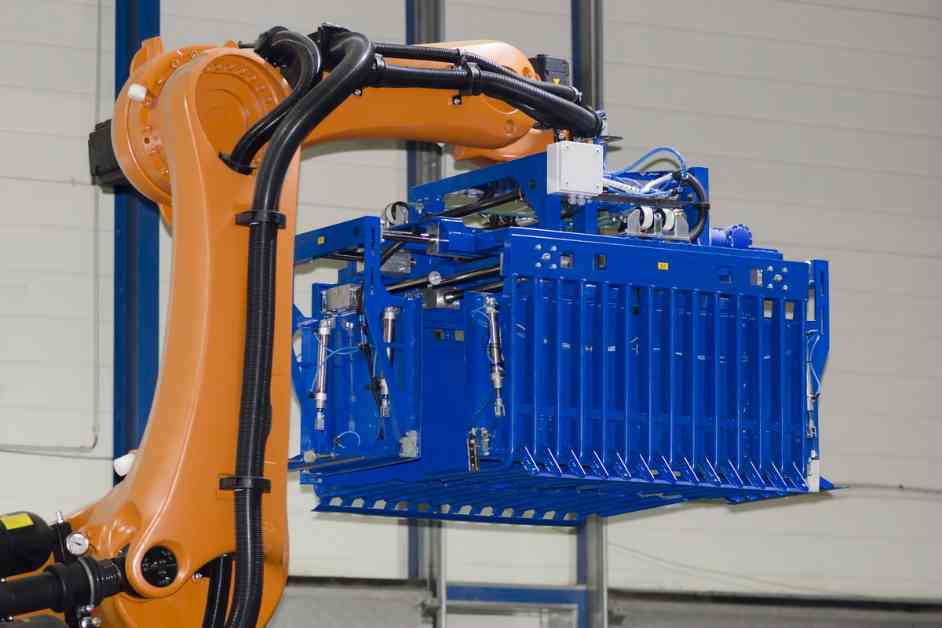When Brandon Contino and his partner Dan Chi were creating the robots for Four Growers, they spent a lot of time in a greenhouse. They worked hard, coding on a small desk and even using fertilizer bags as beds. “We started by using a laptop, with me coding in the rows and Dan making mechanical changes,” Contino, who is now the CEO, shared with TechCrunch. “We would test it, make changes to the code, redevelop, and test it again. It was a fun time living on the farm.”
Their hard work paid off, and Four Growers now produces robots that can harvest plants in greenhouses without human intervention. These robots are equipped with stereo cameras to identify ripe produce based on the farmer’s requirements. They can navigate around unripe fruit on the vine with ease. Currently, the robots work with tomatoes, but they will soon be able to harvest other crops like cucumbers, according to Contino.
Contino’s journey to developing agricultural robotics was not straightforward. He initially studied neural prosthetics in college but switched to water sensors and water conservation after deciding he didn’t want to work on cyborgs. His interest in water scarcity eventually led him to explore how robotics could benefit farmers after speaking with them.
The use of robots in agriculture is becoming increasingly important due to labor shortages in the industry. Many farmers struggle to find enough workers to harvest their crops, especially during peak seasons. Robotic solutions like the ones developed by Four Growers can help alleviate this issue by automating the harvesting process.
In addition to harvesting, these robots can also improve efficiency and reduce waste. They can work around the clock without getting tired or making mistakes, resulting in higher yields for farmers. Furthermore, by accurately identifying ripe produce, they can help reduce food waste by ensuring that only the ripest fruits and vegetables are harvested.
Overall, the development of robotic solutions for greenhouse labor shortages represents a significant advancement in the field of agriculture. These technologies not only address the immediate challenge of labor shortages but also offer long-term benefits in terms of efficiency, productivity, and sustainability. As the demand for fresh produce continues to grow, innovative solutions like these will play a crucial role in meeting the needs of farmers and consumers alike.

